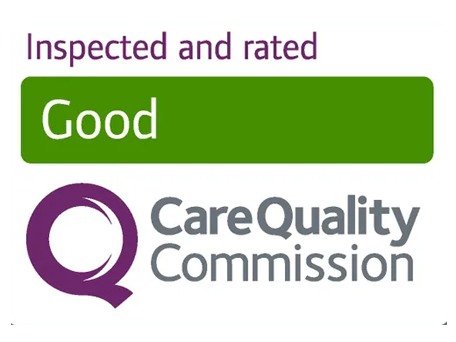As we or our loved ones age, or when health conditions require additional support, choosing the right type of care becomes crucial. Two common options for overnight assistance are sleep-in care and waking night care. While both provide essential nighttime support, they cater to different needs. In this blog, we’ll explore the differences, benefits, and scenarios where each is most suitable to help you make an informed decision.
What is Sleep-In Care?
Sleep-in care involves having a caregiver stay overnight in your home to provide assistance if needed. The caregiver typically sleeps during the night but is available to respond to occasional calls for help, such as assisting with bathroom visits or providing reassurance.
Key Features of Sleep-In Care
- Overnight presence: The caregiver stays in the home, offering peace of mind knowing someone is nearby.
- Minimal interruptions: The caregiver sleeps during the night and is only disturbed for occasional support.
- Day-to-day familiarity: Sleep-in caregivers often provide daytime care as well, ensuring continuity of care.
- Cost-effective: Since the caregiver can rest during the night, sleep-in care is often more affordable than Waking Night Care.
Who Benefits from Sleep-In Care?
- People who are generally independent but need occasional nighttime support.
- Those with mild dementia or mobility challenges.
- Families who want a professional caregiver present overnight for safety reasons.
What is Waking Night Care?
On the other hand, waking night care involves a carer staying awake and alert throughout the night to provide constant support. This service is tailored for individuals who require frequent or ongoing assistance during nighttime hours.
Key Features of Waking Night Care
- 24/7 Vigilance: The carer remains awake all night, ensuring immediate support whenever needed.
- Specialised Care Needs: Suitable for people with complex conditions or high-risk situations, such as epilepsy, severe mobility issues, or advanced dementia.
- Prevents Caregiver Fatigue: Ideal for families who may be unable to provide the intensive care required overnight.
Who Benefits from Waking Night Care?
- Individuals with medical conditions needing regular monitoring (e.g., those prone to falls or seizures).
- People who experience confusion, agitation, or wandering during the night.
- Families needing relief from the challenges of providing nighttime care themselves.
Key Differences Between Sleep-In Care and Waking Night Care
The table below shows the key differences between sleep-in and waking night care.
| Aspect | Sleep-In Care | Waking Night Care |
| Carer’s Role | Sleeps but responds if needed. | Stays awake all night to assist. |
| Level of Support | Occasional support during the night. | Continuous and active assistance. |
| Care Needs | Low to moderate. | High or complex. |
| Cost | More affordable due to lower demands. | Higher cost due to constant attention. |
Choosing the Right Option for You
Selecting between sleep-in care and waking night care depends on the needs of the person being cared for.
Here are some tips to help you decide:
- Assess the care needs
- Consider the budget
- Think about safety and comfort
- Consult a care agency
Why Night Care is So Important
Nighttime care ensures that individuals receive the attention they need while allowing families to rest. Whether it’s knowing someone is there to help in an emergency or having a professional carer manage complex needs, night care provides invaluable support to both individuals and their loved ones.
Why do clients choose us?
- Experienced and qualified caregivers.
- Flexible care plans tailored to your needs.
- A commitment to maintaining dignity and independence.
Conclusion
Choosing between sleep-in care and waking night care can feel overwhelming, but understanding the differences helps in making the right decision. Sleep-in care offers peace of mind for those needing occasional nighttime support while waking night care is ideal for individuals requiring constant attention. If you’re unsure which option is best for you or your loved one, reach out to our team for a free consultation. Let us guide you in finding the perfect care solution to enhance safety, comfort, and quality of life.









